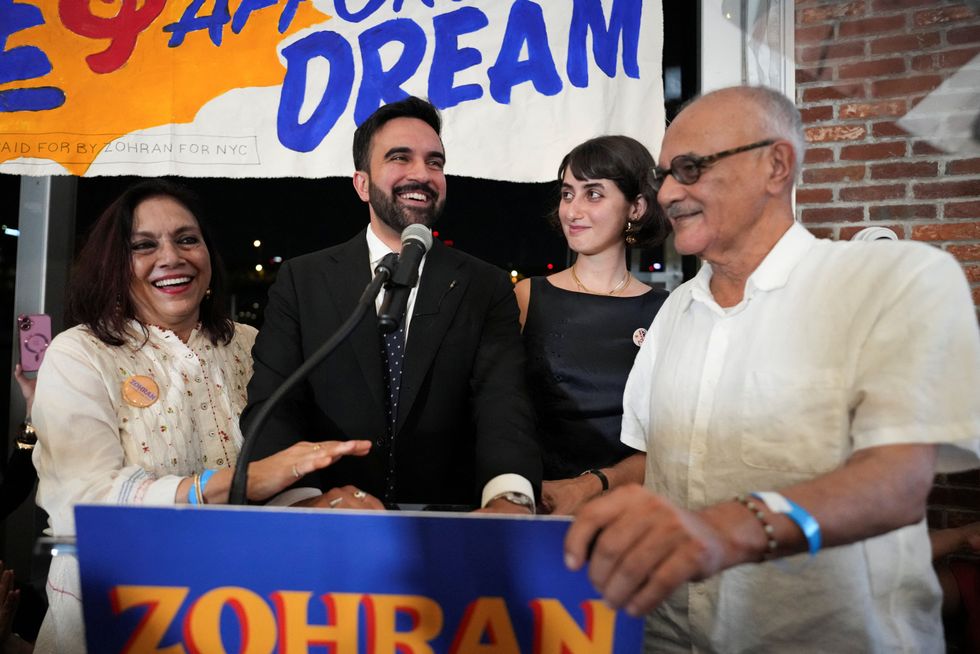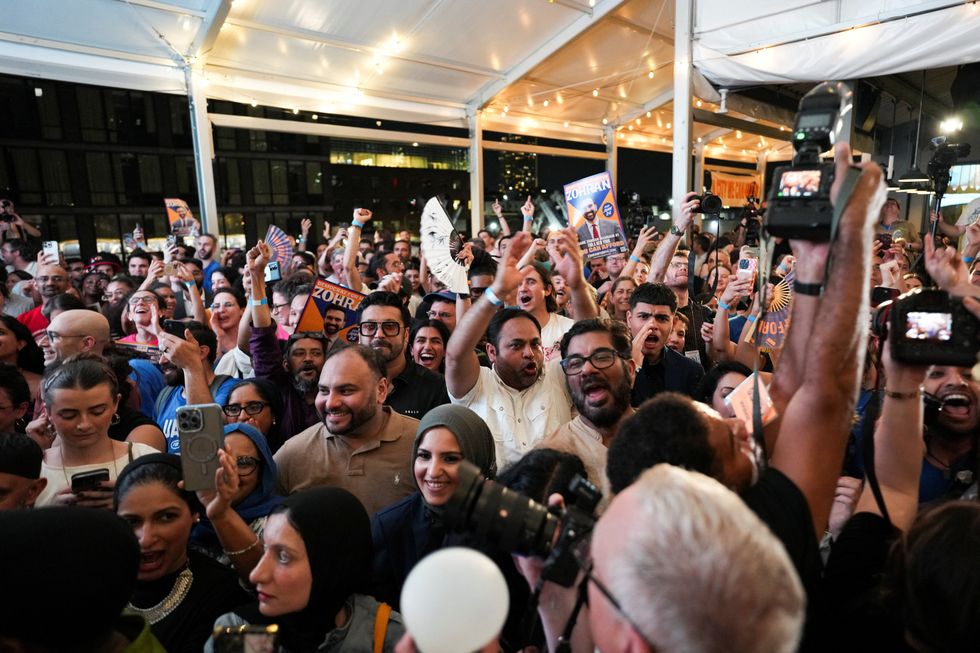by LAUREN CODLING
SURVIVORS of the violent division of India and Pakistan will be able to revisit childhood memories in a new virtual reality (VR) project put together by Oxford University students.
South Asians who escaped partition – one of the largest forced migrations in history in 1947, when India gained independence from Britain and Pakistan was created – will report their earliest memories to a team of experts. They will, in turn, seek to recreate those locations using the latest in VR technology.
Ameena Malak, 20, is the co-founder of Project Dastaan, a student-run scheme. Along with her fellow co-founder and friend Sparsh Ahuja, 21, Malak set up a team dedicated to the digital project.
It has “immense” significance for Malak, who studies chemistry at St Hilda’s College, Oxford. Her grandfather left India for Pakistan during the division. Ahuja has a similar story, except his grandfather moved to India.
In March 2018, the pair were in a coffee shop talking about their grandparents’ experiences. They had both heard stories about partition and the journey of moving to a new country from their families.
“Then this idea came about – we wanted to find a way to take them back,” Malak told Eastern Eye. “The notion of using VR came up because it is something that is very current, 21st century and the latest type of technology which people are exploring more and more.”
The duo believed that partition witnesses could be sat in their own living room, in a familiar environment, but be taken back to the village where they were born and brought up.
As the project began to progress, Ahuja’s grandfather became the first to recall his experiences. The team have collected six stories and hope to gather more.
“We want [the stories] to be as representative as possible,” UK-born Malak said.
“It is quite easy to focus on the Punjab stories, as there are so many, but we want to balance it out.”
“We want to represent the whole subcontinent area,” she added.
Although the team are still collecting stories and raising money to fund the project, they have already tested a VR prototype on one of the witnesses.
Currently, the plan is for the team to travel early next year to the subcontinent and film footage. However, they are aware that many locations could have changed drastically – or not even exist any more.
They have volunteers in India and Pakistan who will seek the specific locations and report on what they have found.
“We can use pieces of oral history to build it together, but we don’t know how many of
the villages will still be there,” Malak said.
Many among the older generation have not had access to such innovative technology, she explained, so it was interesting to see their reaction to it.
“Using technology to transport a person back to the place they were born but had to leave overnight without having a chance to go back… we are hoping for an emotional response to that,” she said.
It is estimated more than one million people died during the division. Many more were injured or went missing.
However, the footage will not focus on the partition itself, only the experiences prior to it. Malak highlighted the negative memories associated with the “devastating” migration, an aspect they did not want to dwell upon.
“We want this to be a cultural exchange experience and bring back memories from before the traumatic event itself,” she noted.
The team are also aware of the time pressures of the project – witnesses are elderly, and some are in their mid-90s.
The recent death of one witness meant the team were unable to capture that specific
story.
However, the group aim to be in post production by mid-2020 and hope that the project can be used for educational purposes. They plan to set up VR exhibits in museums across the UK, India and Pakistan, and are in talks with the Museum of National History in Lahore and the Partition Museum in Amritsar.
They are also working with the National Partition Commemoration Campaign (NPCC) to include partition in the UK school curriculum.
Malak hopes this will raise awareness as she believes there is a lack of understanding among younger British Asians about the impact of partition.
Although she grew up hearing stories about the event from her family, Malak admitted that it was only when she went to university that she learned more.
“I have that connection through my family, but through coming to university and the opportunities I’ve had, starting the project for instance, I’ve become a lot more aware,” she said.
“It shows the education factor is lacking as I’ve had to go out and seek the knowledge myself.”
















 Zohran Kwame Mamdani with his parents, Mira Nair and Mahmood Mamdani , and his wife, Rama Duwaji
Zohran Kwame Mamdani with his parents, Mira Nair and Mahmood Mamdani , and his wife, Rama Duwaji Mamdani's supporters celebrate his nomination
Mamdani's supporters celebrate his nomination